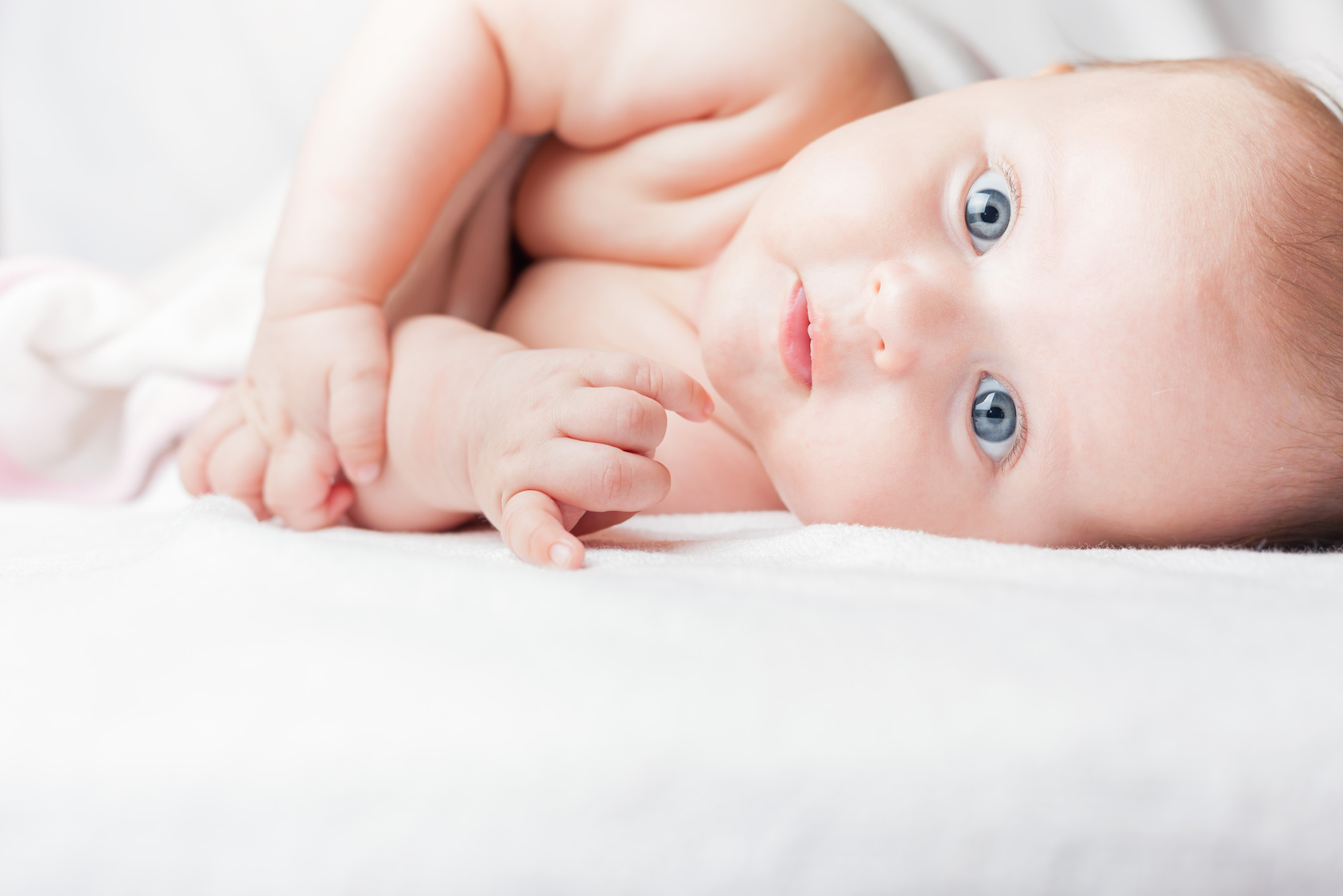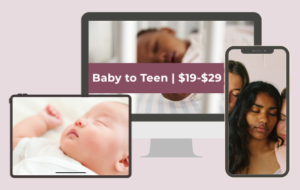Have you set up the perfect baby sleep environment?
Setting up the perfect baby sleep enviroment – it’s not what you think about when you hear the term sleep training. Often when we think of sleep training we automatically think we need to choose a sleep training method. Should we try cry it out, or will a no cry sleep method work? What I educate parents on is that we need to look at our sleep training plan as our sleep tool box that contains sleep tools to help us create sleep success. Our sleep training tool box contains four key tools and choosing the method is only one tool available. Once we access all the available tools we are able to see the big picture: healthy, restorative sleep for your child and for you!
We will be running a 4 part series this month looking at each sleep tool in detail starting with the first: baby sleep environment.
If you’re like me, you had an image of your baby sleeping anywhere and everywhere as you did the things you needed or wanted to do. While it may have been true for a little while, once sleep starts to get organized (starting as soon as 2 months old) the body needs certain things to help sleep be restorative. In other words – our babies become less portable at this point.
Sign Up For Our Newsletter
The first thing is to make sure that sleep is safe. According to The American Academy of Pediatrics and The Canadian Paediatric Society that means following the ABC’s of safe sleep:
A =alone (no blankets, bumpers, lovies or stuffies in with them)
B = on their backs (even after they learn to roll, place them on their backs to start and then they can choose their own sleeping position)
C = in a crib or bassinet (you should be using a certified standard crib with firm mattress and fitted crib sheet)
We also want to make your child’s nursery conducive to sleep and you can start with making their sleep environment cool and dark. If you’re worried about them getting cold at night, especially when you feel those cold little hands, you can use a sleep sack – a wearable blanket. You shouldn’t base your baby’s temperature off their hands and feet though – take a peek at and feel their torso as well. If it’s warm and pink, baby is fine, blood goes to the big organs first and to the hands and feet last. As they get more mobile blood circulation improves and you won’t feel that difference as much. You can also place two fingers on the back of baby’s neck to get a better feel for baby’s temperature.
The darker your child’s bedroom is the better. Even a sliver of light peeping around the edge of a curtain is enough to wake the most sensitive of sleepers during their sleep cycle transitions. Blackout blinds (or even foil on the window) can be your best friend. If you’re feeding in the night, or just want the option of a nightlight, we recommend one with a low wattage (4-7W). And stay away from blue and white lights as those can suppress your child’s melatonin and turn the sleep switch off. You’re better off with a red or yellow light bulb.
OK, your room is safe, cool and dark – now the advanced stuff! As babies get older it may be time to get rid of the distractions – mobiles, aquariums, toys. We want the place they sleep to be nice and friendly, but the real business of the room is sleep and if those things distract your baby then you don’t want them there. Other things that might be distracting are the noises around them and in that case you might want to consider a white noise machine. We recommend one that makes a continuous noise (not music) and stays on until you turn it off. As long as it is across the room and used on a low volume it is safe to use.
And that’s the first part done! I’m pretty sure that most of you had a lot of this in place anyway and may just need a few tweaks – congratulations, you’re well on your way and ready for Part 2: the schedule.

Alanna McGinn is a Certified Sleep Consultant and Founder of Good Night Sleep Site – a Global Pediatric and Family Sleep Team. She provides free child and family sleep support through her Facebook, Twitter, and Instagram. She invites you to join her sleep community as she works towards Good Night Sleep Site’s mission of a healthier rested family unit. For more sleep tips please visit Good Night Sleep Site. Join our movement and #BringBackBedtime.











